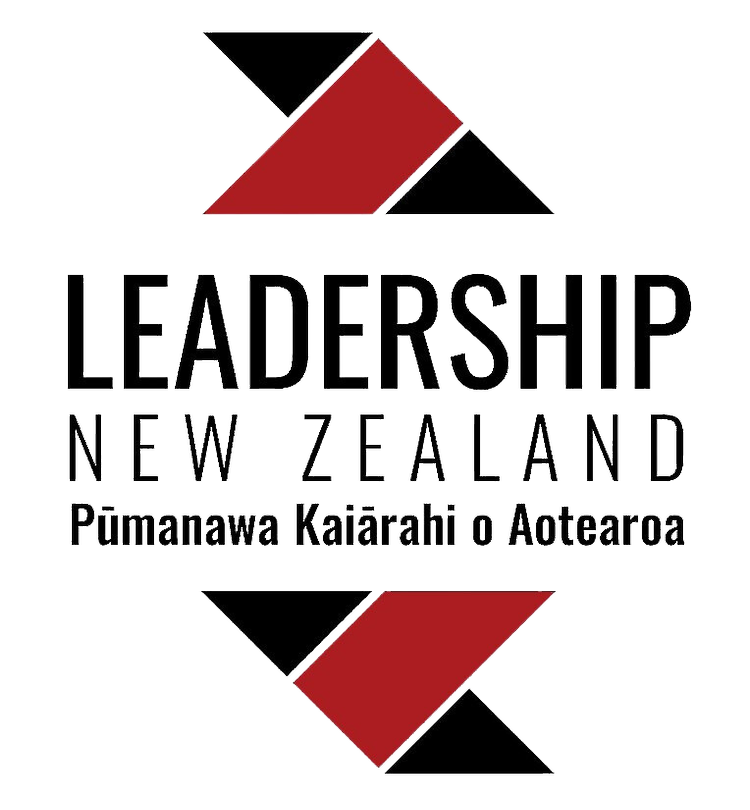Written by Darren Lee, Alumnus 2016
It was 2014, the year of Disruptive Leadership. However, Tom comes across as anything but disruptive. At least in any literal sense of the word. In fact, Tom creates an indelible impression of being far more influenced by the more recent Leadership NZ themes of mindful and integrative leadership. He is humble, reflective, self-effacing and there is an authenticity in the way that he views and discusses leadership and his own journey. Regardless, it is clear that Leadership NZ has left its mark on him.
As a teenager, Tom was lucky enough to participate in Discovery – a youth personal development programme. He recalls how this ignited something in him and opened a door during his formative years. However, in the absence of any further nurturing and through the passage of time, it was a door which started to slowly close under the daily grind of life in the public service. Until 2014, that is. Tom describes his Leadership NZ experience as a ‘rebirth’. A year that didn’t just reopen the door for him, but one which lifted it off its hinges. It catalysed a shift in employment from the Ministry of Business, Innovation and Employment to EQC, where he now heads the Office of the Chief Executive.
Tom talks about his current organisation with pride and references the less-heralded work in their research and resilience programmes that is inevitably buried by the more publicised stories of individual frustration and trauma from life changing natural events. But EQC is an organisation that has endured many internal and external challenges during the years that have followed the Canterbury earthquakes. Things like the requirement to rapidly scale their operations in response to such traumatic events and the inevitable scaling down over time as the region stabilises provide significant leadership challenges in their impact on people. And it’s when he talks about the people that Tom’s depth of passion really shines through.
I’m struck by the sincerity with which he discusses his views on leadership and connecting with people at a deeper level. He talks about his Leadership NZ experience as helping him to connect with people about the things that really matter. Not the day to day deliverables of work, but the things that really matter; genuine conversations about people’s purpose, their skills, what they bring to the system and to the world.
Tom gives the impression that he is a leader in transition; someone who is consciously - and increasingly unconsciously - shifting his leadership style. This is a learned craft and it has meant some personal challenges for him. He counts learning to trust and being vulnerable among them. “I’ve learned to let go of things that get in the way of truly connecting with people’s hearts.” It’s the same advice he gives to future leaders: be open, be vulnerable, and yet still provide clarity and direction, “and don’t be afraid to fail.”
Through both personal and organisational change Tom muses rhetorically about what it means to be a leader through change. Or more precisely, what it means to be a good leader through change. A transactional approach is common. But in keeping with the rest of our conversation Tom focuses his thoughts on connecting people’s hearts to the opportunity that change inevitably presents. Listening to Tom, I am reminded of a Steve Jobs quote: ‘Remembering that you’re going to die is the best way I know to avoid the trap of thinking you have something to lose. You are already naked. There is no reason not to follow your heart.”
We change tack and talk about integrative leadership and what it means to him. Steering clear of bland academic definitions, Tom once again talks about it in terms of bringing people back to what they do and why they do it. “It’s about connecting with people; what are your unique skills, what is it you’re really offering, how do you connect with the system and how do you connect with people across the divides?” And then it dawns on me… Tom is already practising integrative leadership.

